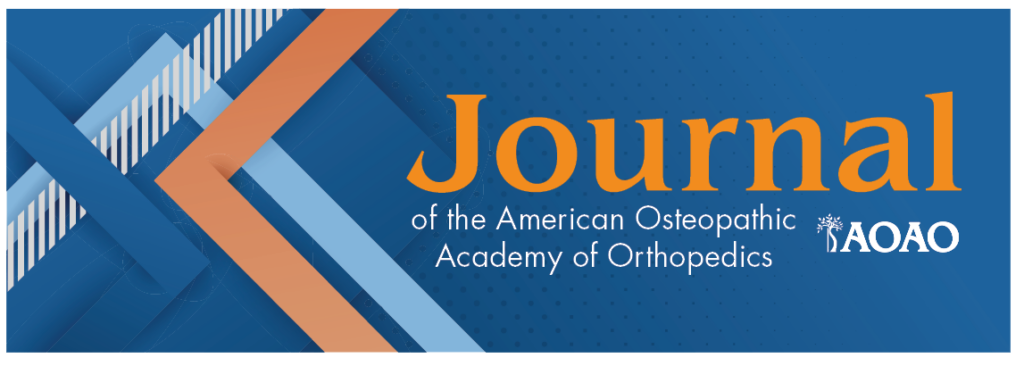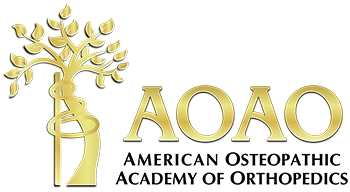By Isaac Woods
OMS-I Midwestern University Chicago College of Osteopathic Medicine
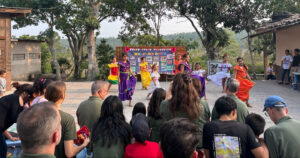
As I stepped off the plane and into the unknown landscape of Honduras, I was filled with anticipation and a touch of apprehension. My mission was to shadow a team of American orthopedic hand surgeons as they taught local Honduran doctors the latest techniques in their field. Our goal was to live out the saying: Give a man a fish and he will eat for a day; teach a man how to fish and he will eat for a lifetime. What I encountered, however, was a profound lesson in humility and ingenuity, challenging my assumptions and flipping the script on who was truly the teacher and who was the student.
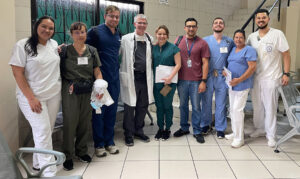
From the moment I arrived at the bustling hospital in Tegucigalpa, it was clear that the local surgeons operated under constraints unfamiliar to most American doctors. Limited by shortages in both equipment and supplies, they had developed a remarkable ability to innovate and adapt. Watching them work, I was struck by their resourcefulness, qualities born out of scarcity and ingenuity rather than choice.
One of the first surgeries I observed was a multi-flexor tendon hand reconstruction. In the United States, such a procedure would typically involve a range of specialized instruments and a well-stocked operating room. Here, the Honduran surgeons made do with a fraction of those resources, improvising with what was available. Utilizing a pediatric catheter cut in half in place of a hunter rod. It was a revelation. Their ability to achieve excellent outcomes with limited means was nothing short of extraordinary.
Our team of American surgeons, well-versed in the latest techniques and tools, initially approached the task with confidence, prepared to impart their knowledge. However, as the week carried on, it became evident that the learning was mutual. The Honduran doctors demonstrated a level of creativity and problem-solving that was both inspiring and humbling. They navigated challenges with calm efficiency, utilizing every available resource to its fullest potential. This was in stark contrast to the often wasteful and resource-intensive practices I’ve seen in more affluent settings.
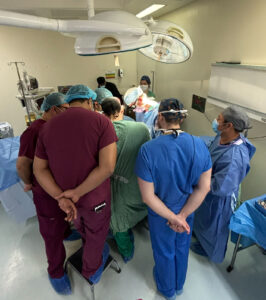
As the days went by, it became increasingly clear that my initial perceptions were flawed. The Honduran doctors were not just learning how to fish like us; they were teaching us how to fish in their environment, offering insights and techniques that could enrich our own fishing back home. Their approach was a testament to the resilience and adaptability that is essential in any medical setting, but especially in those with limited resources.
This experience has broader implications for the global medical community. It underscores the importance of humility and openness in international medical missions. Too often, there is an implicit assumption that expertise flows in one direction—from wealthier, more technologically advanced countries to those perceived as needing help. Yet, this trip to Honduras reminded me that learning and teaching are reciprocal processes. There is much to be gained from the ingenuity and resourcefulness developed in low-resource environments.
As I boarded the plane back to the United States, I carried with me a renewed sense of perspective. The narrative of our trip had shifted from one of teaching to one of shared learning. The Honduran doctors had shown us that excellence in medicine is not solely defined by the availability of resources, but by the creativity and determination with which those resources are used.
In the end, the question “Who’s teaching who?” became a rhetorical one. The answer was clear: they were all teaching and learning from each other. This trip was a powerful reminder that the true essence of medicine lies not in the tools we have, but in the minds and hearts of those who practice it.
